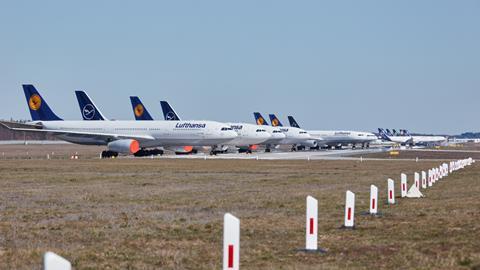It is a mark of how quickly the global coronavirus crisis has escalated that when IATA describes the airline sector as being in an “apocalypse now” scenario, no-one is accusing the industry association of hyperbole.
The stark reality is that unless governments step in – as some are, mercifully, starting to – the next two to three months will see many temporary fleet groundings become permanent.

While the imperative for intervention seems obvious to those who follow the industry closely, there are plenty of people asking why airlines might deserve “special” treatment.
Such scrutiny is understandable, given how many lives and livelihoods are at stake in every walk of life.
But these are not normal times, and the arguments created by such scrutiny invariably head down a rabbit hole of inconclusive value judgements regarding which sectors deserve help the most.
Given the grave situation worldwide, time does not afford us that luxury.
The fact is that airlines are, like businesses in many other sectors, performing critical functions as part of an endless chain of economic and social benefits.
When it comes to government aid, they should therefore be treated as such.
The struggle to maintain a functioning, global airline industry will be worth it because of the myriad benefits the sector brings to wider society.
Certainly, there are pressing questions that, during normal times, the industry needs better answers for, particularly around sustainability.
But for now, one thing is for sure: when the time comes for a recovery to begin, a government that has let its airline industry wither and die is a government that will regret having far fewer economic and social levers to pull.























